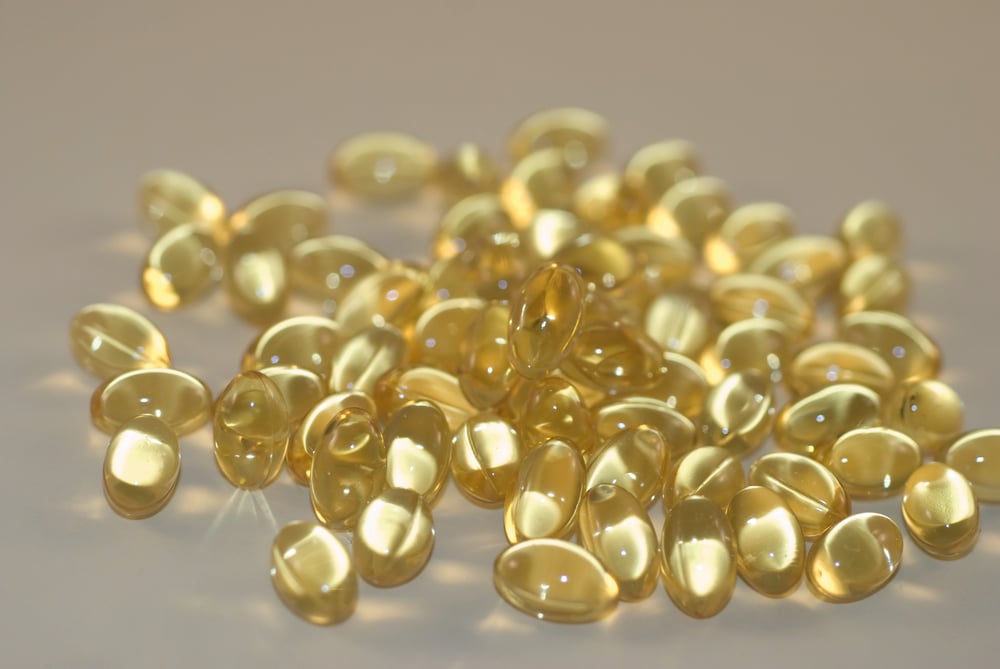
Issue 047
March 2009
Walk into a health food shop and you’re confronted by rows and rows of vitamins and minerals in generic packaging with little information on what you need and why. Vitamins are labelled with letters of the alphabet and, as your first teacher would always say, you always start off with your ABCs. Read on to find out about three of the most important vitamins your body needs.
VITAMIN A
Q1. Why do you need it?
Vitamin A helps maintain body functions such as immunity from infection, eyesight in dim light, and keeps your skin and mucus membranes healthy.
Q2. Where can you get it from?
Cheese, eggs, beef, carrots, apricots, sweet potatoes, spinach.
Q3. How much should I take?
0.7mg for men, 0.6mg for women. You don’t need vitamin A every day as it is stored in the body’s fat. You should be able to get all the vitamin A you need from your daily diet so long as you eat correctly.

VITAMIN B6
Q1. Why do you need it?
Vitamin B6 allows the body to use and store energy from the protein and carbohydrates you eat. B6 also helps produce haemoglobin, the stuff that carries oxygen around the body.
Q2. Where can you get it from?
Chicken, turkey, cod, bread, oatmeal, brown rice, eggs, vegetables, peanuts, milk.
Q3. How much should I take?
1.4mg a day for men, 1.2mg a day for women. Vitamin B6 is water-soluble so you need it in your diet every day.

VITAMIN B12
Q1. Why do you need it?
Vitamin B12 is similar to B6 but is not found in fruit, grains, or vegetables, so vegetarians may need this to supplement their diet. B12 helps make red blood cells, keep the nervous system healthy, and release energy from the food you eat.
Q2. Where can you get it from?
Virtually all meat products.
Q3. How much should I take?
Adults need approximately 0.0015mg a day. If you eat meat or fish then your diet should take care of this.

VITAMIN C
Q1. Why do you need it?
The cold-killer, Vitamin C is said to prevent the sniffles, but is known to help protect cells and keep them healthy. It also helps the body absorb iron from food.
Q2. Where can you get it from?
Fruit and veg. Good sources include peppers and broccoli, but also sweet potatoes, oranges, and kiwi fruit.
Q3. How much should I take?
Adults need a minimum of 40mg a day, but alternative recommendations suggest you can take up to 1000mg a day to help prevent free radicals.
QUICK FACTS ABOUT VITAMINS
You get what you pay for
The price of vitamins ranges from extremely cheap to very overpriced. Aim for something in the middle to avoid paying over the odds or buying an inferior quality product.
Don’t believe everything you read
Some alternative therapies make claims that vitamins can cure all manner of disease. Taking vitamins is no different to eating a balanced diet in ensuring good health.
Avoid taking too much
You need to take massive doses of vitamins A or B to incur any side effects, but high doses of vitamin C has a laxative effect, so be careful not to overdo it.










